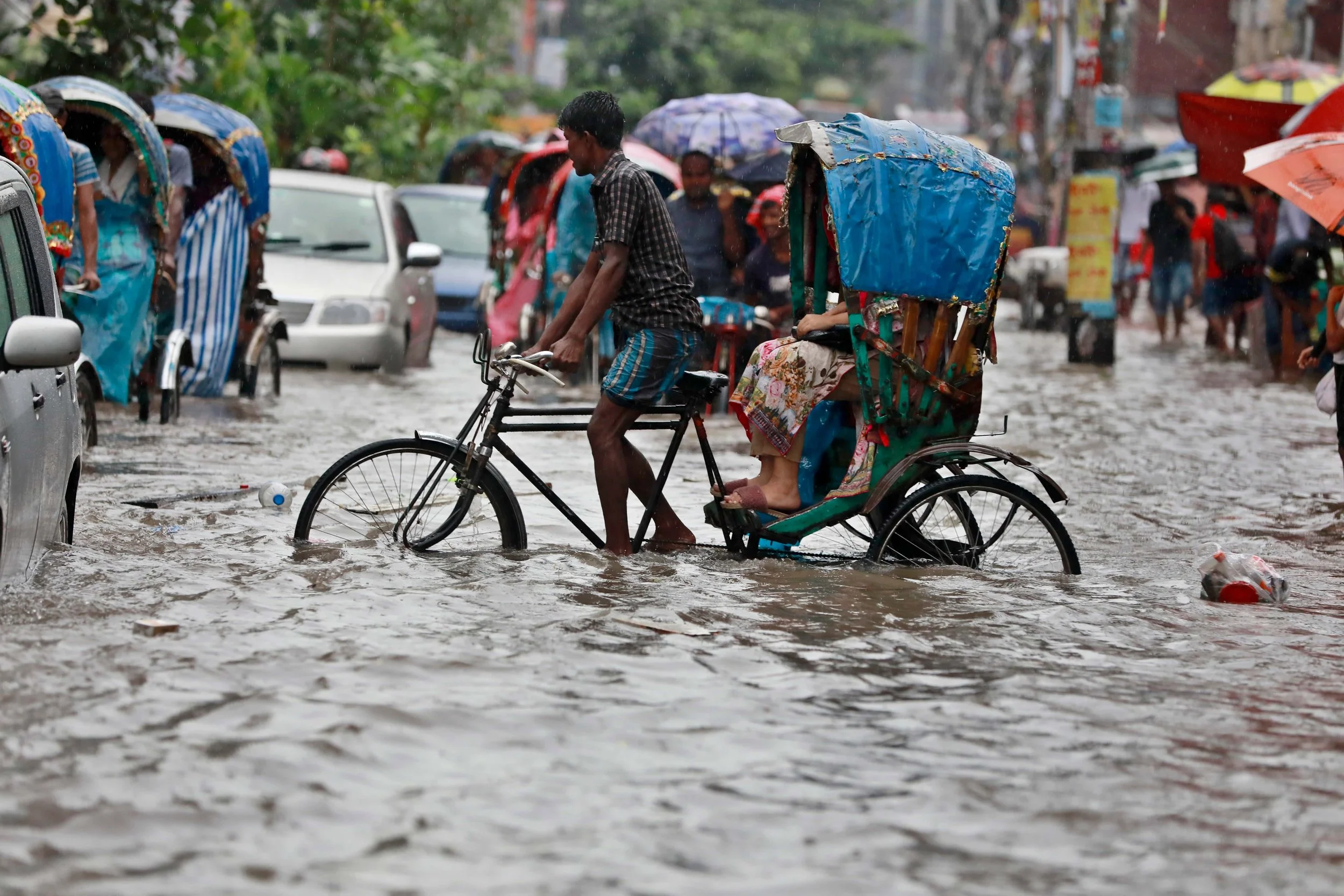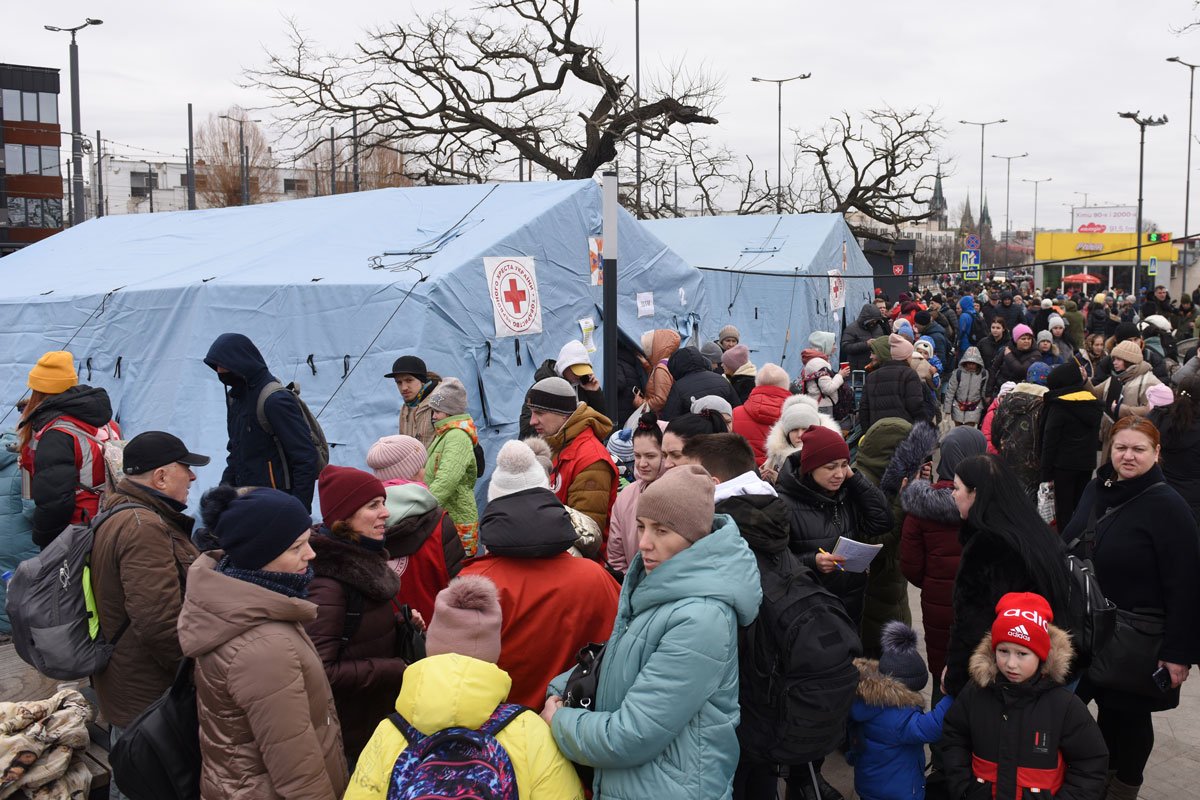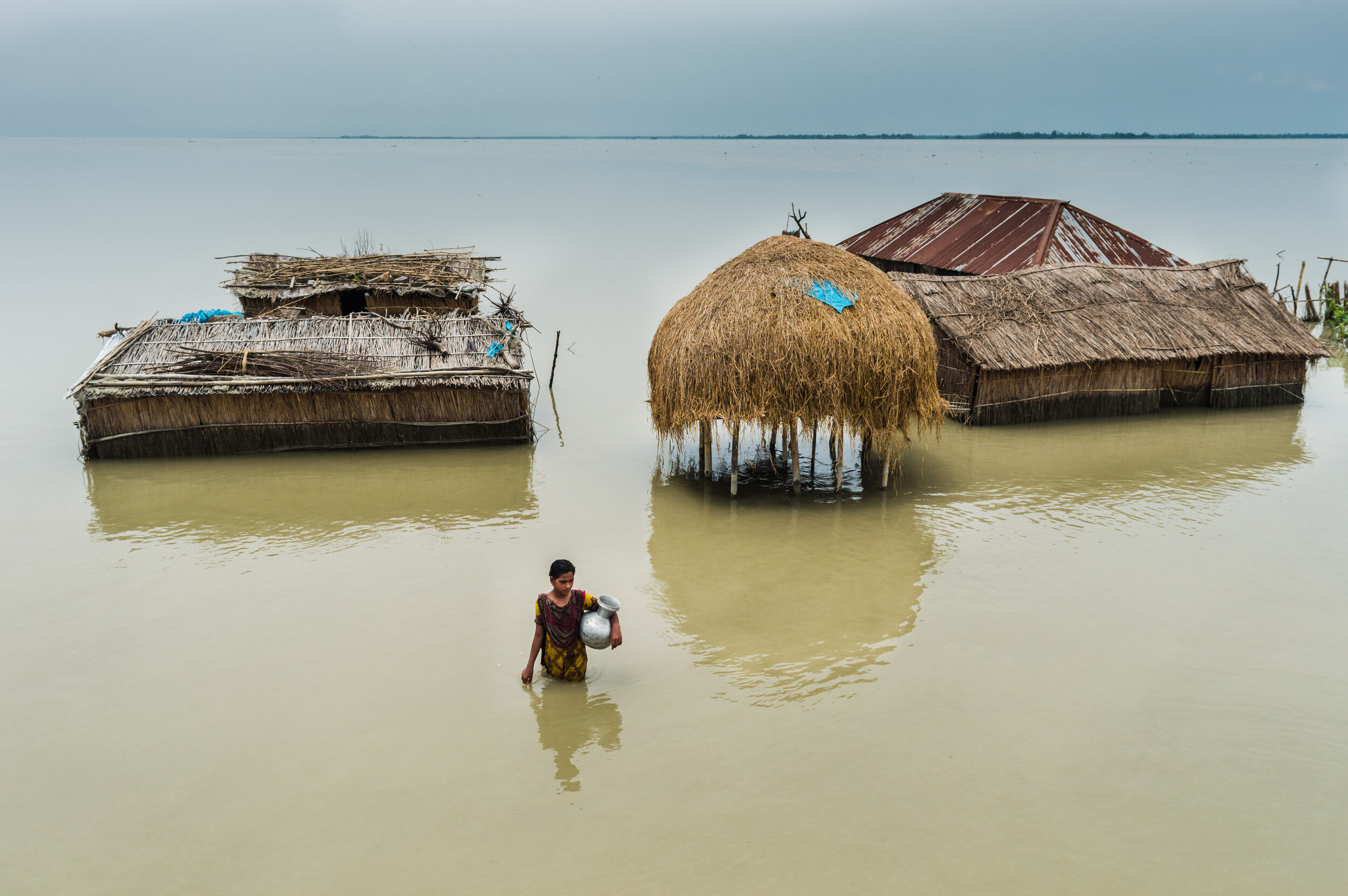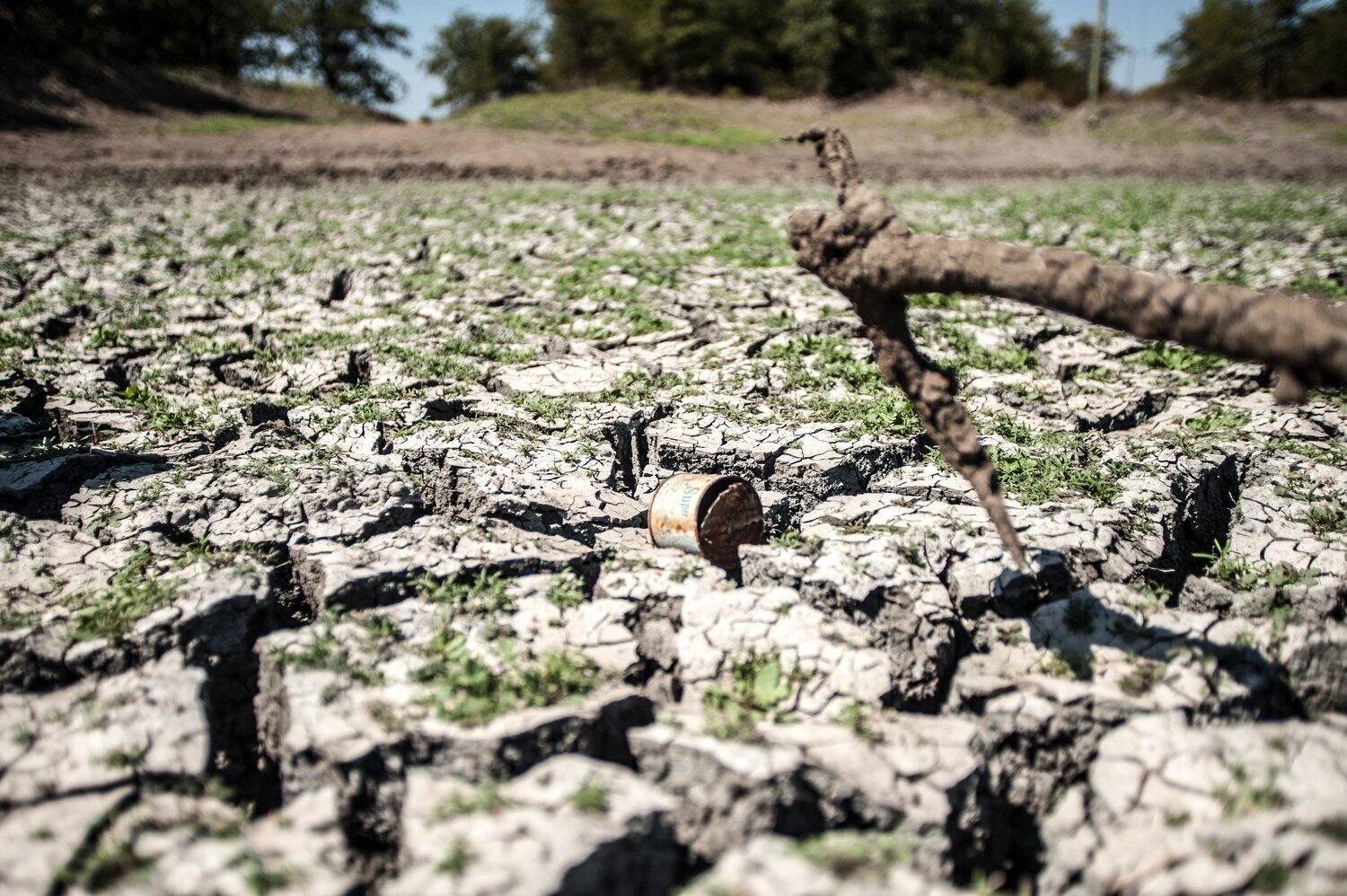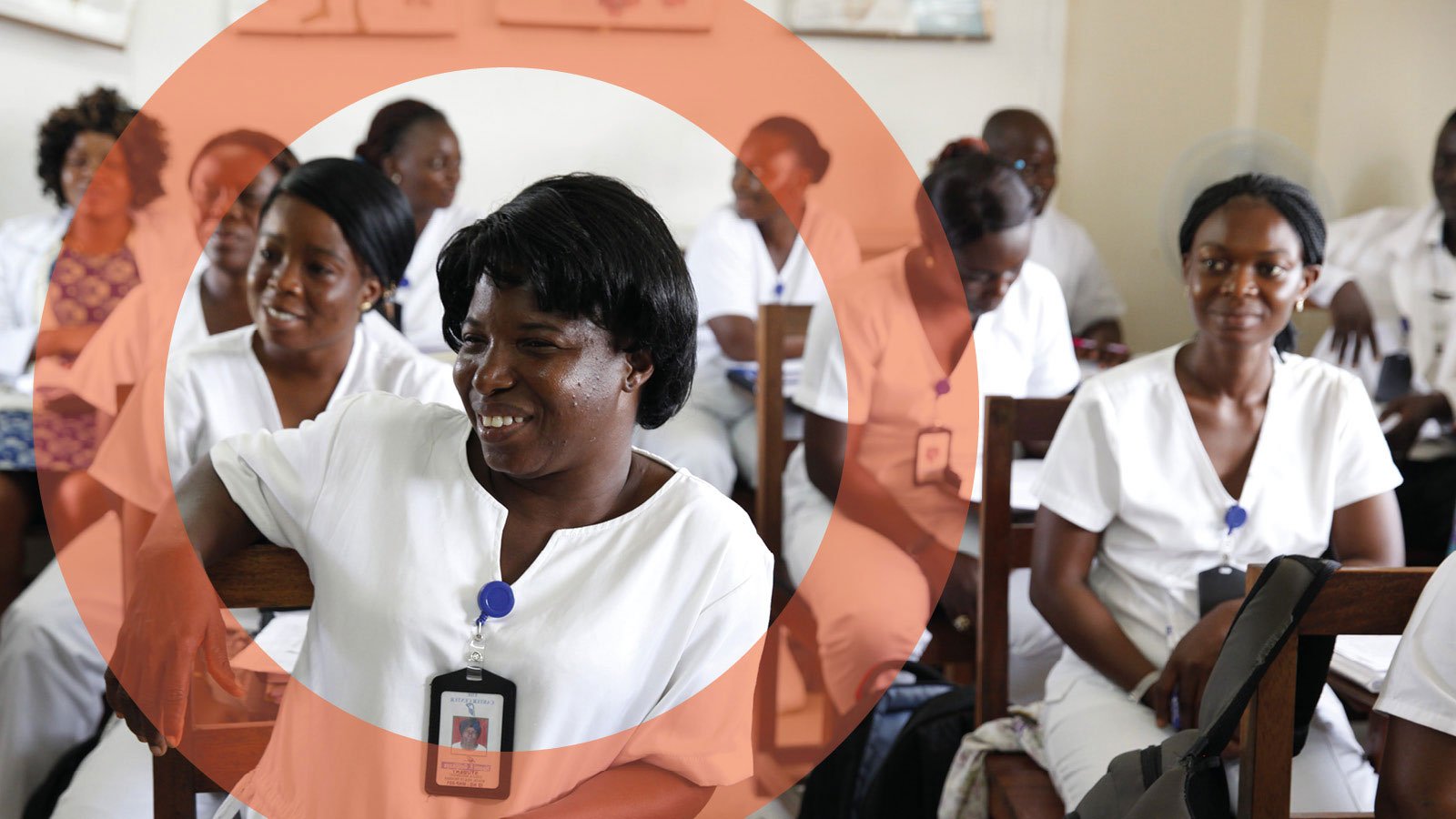
BLOGS
Launching our support for adaptive social protection in the Sahel
The Sahel stretches nearly 4,000 kilometres in an arc that straddles the width of Africa, separating the relatively more tropical African countries to the south and the arid desert to
the north.
The Sahel G5 group of countries- Burkina Faso, Chad, Mali, Mauritania, and Niger- are increasingly poised between promises of stability and growth and the mounting sources of stress and uncertainty that could mire the region’s progress.
Uneasy bedfellows? The role of Disaster Risk Finance in tackling climate-induced losses and damages
LONG READ
A new evidence review from the Centre for Disaster Protection and ODI introduces the key issues around climate change-induced losses and damages and the role that DRF mechanisms could play in tackling them. But it’s a subject fraught with sensitivities. Jon Gascoigne and Chris Kiggell step into the definitional minefield to unpack some of the opportunities, limitations, and bones of contention.
Prime time for the pause clause? Making climate resilient debt work
Pakistan is in trouble. Heavy monsoon rains have flooded an area the size of the UK. The country’s National Disaster Management Agency estimates that 33 million people are affected. The country’s ‘breadbasket’ is soaking wet. Nearly half the arable land in Sindh, South Punjab, and Baluchistan has been damaged. And with agriculture accounting for $2.3 in every $10 of the country’s GDP, the knock-on effects are terrible, particularly for poor people. The floods will cost both lives and livelihoods.
Five lessons on collective approaches to anticipatory action
Between spring 2020 and early 2022, the Centre supported OCHA in undertaking process learning on four anticipatory action (AA) pilots in Somalia, Bangladesh, Ethiopia, and Malawi. The pilots are part of OCHA’s aspiration to facilitate a broader shift in the humanitarian system to address disasters in a timelier, more dignified and more efficient way, by mitigating the impact of impending crises on the most vulnerable. Collective approaches to AA are still an innovative space. It was therefore important from the outset to intentionally learn from the pilots, building evidence that could support continuous improvement and help facilitate this shift.
Humanitarian Insurance: Weighing the Options
Through the previous blogs in this series, we have started to unpick the role for risk transfer in a humanitarian context, and raised some of the ethical, practical, and principle-based reasons why humanitarian actors might think twice before using risk transfer tools like insurance . The obvious next question for humanitarian actors and donors is simple: "when is risk transfer a good option?".
Humanitarian Insurance: Ethical tightropes, trade-offs and unintended consequences
Insurance can be a useful tool for managing the unpredictable costs of disasters. But humanitarians have a number of particularities linked to their principled approach, their funding and operating models that require them to give serious consideration to not only whether the cost of premiums justifies the operational benefit – but whether it is ethically and practically, the right thing to do. In this blog, we outline some of these dilemmas and expand the list of questions humanitarians ought to consider beyond ‘could you?’s to a considerable list of ‘should you?’s.
Risky business: Three exam questions from the Risk Pool Summit
The Centre for Disaster Protection works on how the global crisis financing system can better protect people when disasters strike. With years of experimentation and iteration behind them, risk pools are an essential piece of the answer, offering predictable pay-outs for pre-agreed risks like earthquake and drought. Last month, the Centre hosted the executive leadership and technical experts for a Risk Pool Summit for two days of knowledge sharing, strategic alignment, and collaboration.
Humanitarian Insurance: Risk Transfer 101
In the first in a series of three blogs, Conor Meenan, Lead Risk Finance Specialist for the Centre, sets out to explore the role for risk transfer instruments – such as insurance - in a humanitarian context. First up, what do we mean by risk transfer and what problem might it solve for humanitarians?
The Centre is pleased to welcome new specialists to its team
We are excited to announce that Theodore Talbot, Cristina Stefan, Omaira Chaudhry and Jessica Texter will be joining the team bringing years of experience across a diverse range of sectors.
What the funding response to the crisis in Ukraine tells us about the state of crisis financing
The war in Ukraine has led to an estimated 24 million people in urgent need of humanitarian assistance. Nearly 6 million refugees have fled Ukraine and close to 8 million people have been displaced within the country. Infrastructure has been devastated. This blog by Michèle Plichta reflects on the international crisis financing response to date and what this tells us about the state of how the world pays for disasters.
Pre-agreed disaster risk finance: the agenda women’s advocates should be influencing
Mairi Dupar, Senior Technical Advisor for ODI tells us why the emergent pre-agreed disaster risk finance agenda cannot afford to be gender blind and calls for DRF mechanisms which bring transformative benefits to women and girls.
Will the World Bank’s IDA20 replenishment help low-income countries stay one step ahead of disasters?
When the Centre for Disaster Protection convened the Crisis Lookout Coalition in January 2021, it challenged the international system, and the donors that sustain it, to ensure that, wherever possible, finances to pay for disasters are arranged in advance. In this blog, three things the World Bank’s IDA replenishment and its stakeholders could do to play their part in making the international crisis financing system smarter, faster, and better targeted.
IDA20 replenishment - time to redesign international aid architecture
Responding to recent IDA20 replenishment announcement, the Centre’s Daniel Clarke says it’s time to look through a different lens and shift the coversation to what’s really needed.
Climate impacts on the front line: lessons from the DIRISHA project for pre-prepared finance
In the African drylands of the Sahel region and Horn of Africa, the climate crisis exacts a punishing toll. Drought and food insecurity challenges, landscape modification and settlement expansions have been compounded by the pandemic – and socioeconomic development is threatened. Amongst those worst affected by climate change are pastoralists, who rely on herding livestock across Africa’s arid and semi-arid lands for their livelihoods.
Did COP26 mark the beginning of the end for the disaster begging bowl?
In the month that has passed since leaders met in Glasgow, there has been a lot of discussion on the successes and failures of this year’s COP – without doubt the most important dialogue on climate to date. The make-or-break summit had all the key ingredients you would look for in a recipe for change but in the end, the agreements were somewhat half-baked, with leaders and policy makers now under pressure plan how to go further and faster.
Opinion: We must ditch the ‘begging bowl’ approach to crisis finance
Former Ethiopian Finance Minister and Centre Board member, Ato Sufian Ahmed Beker, reflects on his experiences of crisis finance and how the COVID-19 pandemic has demonstrated that the international aid system — which many low-income countries rely upon to help pay for disasters — is no longer fit for purpose.
Putting disaster risk at the heart of climate finance
One of the big debates at this week’s pivotal UN climate summit in Glasgow will be the size and shape of the package of finance to help low income countries adapt to the devastating effects of climate change. One particular area of concern is whether money is making its way to the least developed group of countries (LDCs) and those places that are particularly vulnerable to climate shocks.
Welcome to our new Board
The Centre is delighted to announce a new non-executive Board made up of nine members. These expert voices from a range of sectors and a diversity of experience will provide challenge, oversight and strategic support of the Centre’s mission and in line with its values of impartiality, quality, creativity and empowerment.
Catastrophe risk insurance makes its biggest payout ever following Haiti disaster - but is it enough?
The Haiti earthquake is the latest tragedy to befall a beleaguered nation still in recovery from previous disasters, not least the devastating 2010 quake. While the road to recovery will be long, the country has already benefited from a relatively new approach to funding such disasters that saw life-saving international financing delivered within two weeks of the initial shock. This quick response is far from the norm, but it shows that how the world pays for crises is evolving and modernising.
IPCC Climate Report 2021: Our reaction
Responding to today’s IPCC’s Sixth Assessment Report, Climate Change 2021: The Physical Science Basis, the Centre’s Daniel Clarke calls on world leaders to urgently tackle climate risk.







